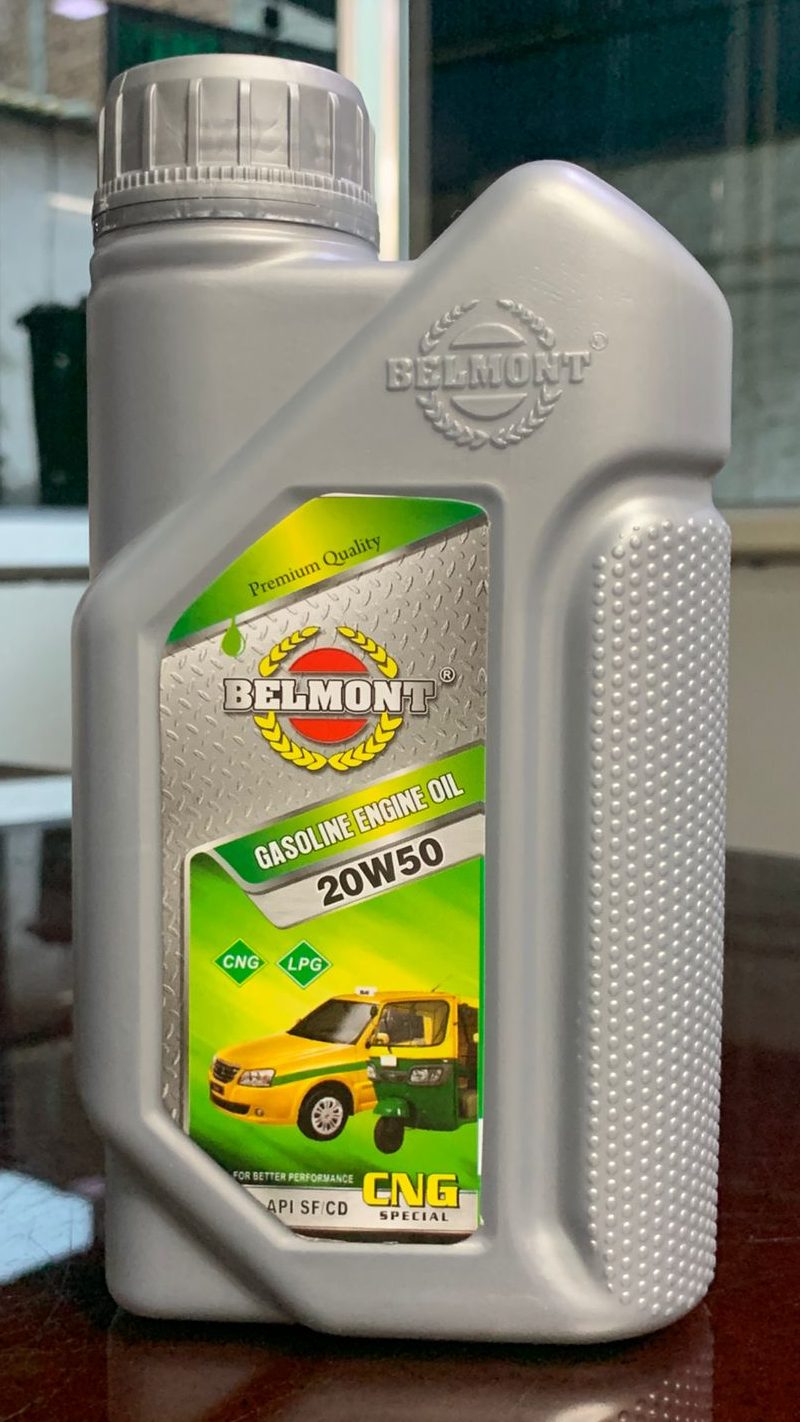
CNG (Compressed Natural Gas) cars are becoming increasingly popular in India because of their fuel efficiency and lower running costs. However, when it comes to maintenance, many car owners often wonder if they can use normal engine oil (made for petrol or diesel engines) in their CNG vehicle. At first glance, it may seem fine, but using the wrong engine oil can create serious problems in the long run.
In this blog, we will explain the differences between normal engine oil and dedicated CNG engine oil, the risks of using the wrong oil, and the best solutions for protecting your CNG engine.
Difference Between Normal Engine Oil and CNG Engine Oil
- Combustion Characteristics
- Petrol and diesel engines produce lubricating by-products during combustion.
- CNG burns cleaner but at higher temperature, which increases oxidation and nitration inside the engine.
- Additive Package
- Normal engine oils have higher sulphated ash content and different additives designed for petrol/diesel fuel systems.
- CNG engine oils are formulated with low ash and high oxidation stability to withstand gas combustion.
- Valve Protection
- CNG combustion can cause valve recession and deposits if oil quality is not suitable.
- Specialized CNG oils protect valves and reduce wear effectively.
What Happens If You Use Normal Engine Oil in a CNG Car?
If you put normal petrol or diesel engine oil in your CNG car, these issues may arise:
1. Faster Engine Wear
Normal oils are not designed for the high operating temperature of CNG. This leads to quicker oxidation and breakdown, which accelerates wear on pistons, rings, and cylinder walls.
2. Valve Damage
Due to the absence of proper low-ash additives, normal oil can leave deposits on valves, resulting in valve burning or valve seat recession.
3. Increased Oil Consumption
Normal oil tends to evaporate faster under CNG conditions, causing frequent top-ups and oil loss.
4. Reduced Fuel Efficiency
A poorly lubricated engine increases friction, which lowers mileage – defeating the main benefit of using CNG.
5. Higher Maintenance Costs
Engine knocking, overheating, and sludge formation may occur, leading to costly repairs and reduced engine life.
Why CNG Cars Need Special Engine Oil
CNG engine oils are specially developed with the following features:
- Low Ash Formulation – prevents harmful deposits on valves.
- High Oxidation Resistance – protects oil from breakdown at higher combustion temperatures.
- Enhanced Nitration Control – avoids oil thickening and sludge caused by CNG combustion gases.
- Improved Lubricity – reduces wear and friction for smoother engine performance.
- Longer Drain Intervals – designed to last longer under tough operating conditions.
Recommended Oil Grade for CNG Cars

The most widely recommended grade in India is 20W50 CNG engine oil because it provides:
- Excellent high-temperature protection
- Good lubrication for older and high-mileage vehicles
- Balanced performance in Indian climate conditions
For example, Belmont 20W50 CNG Car Engine Oil is specially formulated to improve fuel efficiency, protect against deposits, and extend engine life. You can explore it here:
Belmont 20W50 CNG Engine Oil
Internal Resources
To learn more about choosing the right oil for your vehicles, you can check these blogs:
For product information, visit:
FAQs About Normal Oil vs CNG Engine Oil
Q1. Can I use normal petrol engine oil in my CNG car?
No. Petrol oils lack the low ash formulation and nitration resistance needed for CNG engines. This can damage valves and reduce engine life.
Q2. What is the best engine oil grade for CNG cars in India?
20W50 is one of the most suitable grades for CNG cars in Indian conditions, especially in cities with high traffic and temperature variations.
Q3. How often should I change CNG engine oil?
Ideally, change it every 5,000–7,000 km, or as recommended by your car manufacturer. High-quality oils like Belmont may allow slightly longer drain intervals.
Q4. What happens if I mix normal oil with CNG oil?
Mixing dilutes the additive package and reduces performance. Always use a dedicated CNG oil for maximum protection.
Q5. Does CNG engine oil improve mileage?
Yes. With lower friction and reduced deposits, CNG oils like Belmont 20W50 help maintain good mileage and smoother engine performance.
Conclusion
Using normal engine oil in a CNG car might seem convenient, but it can cause long-term damage, reduce mileage, and increase maintenance costs. CNG engines need dedicated low ash, oxidation-resistant oils to handle high combustion temperatures and ensure smooth performance.
If you want your CNG car to run efficiently and last longer, always choose a trusted option like Belmont 20W50 CNG Engine Oil. For more details and product information, visit www.belmontlubricants.com or www.belmont.in.
